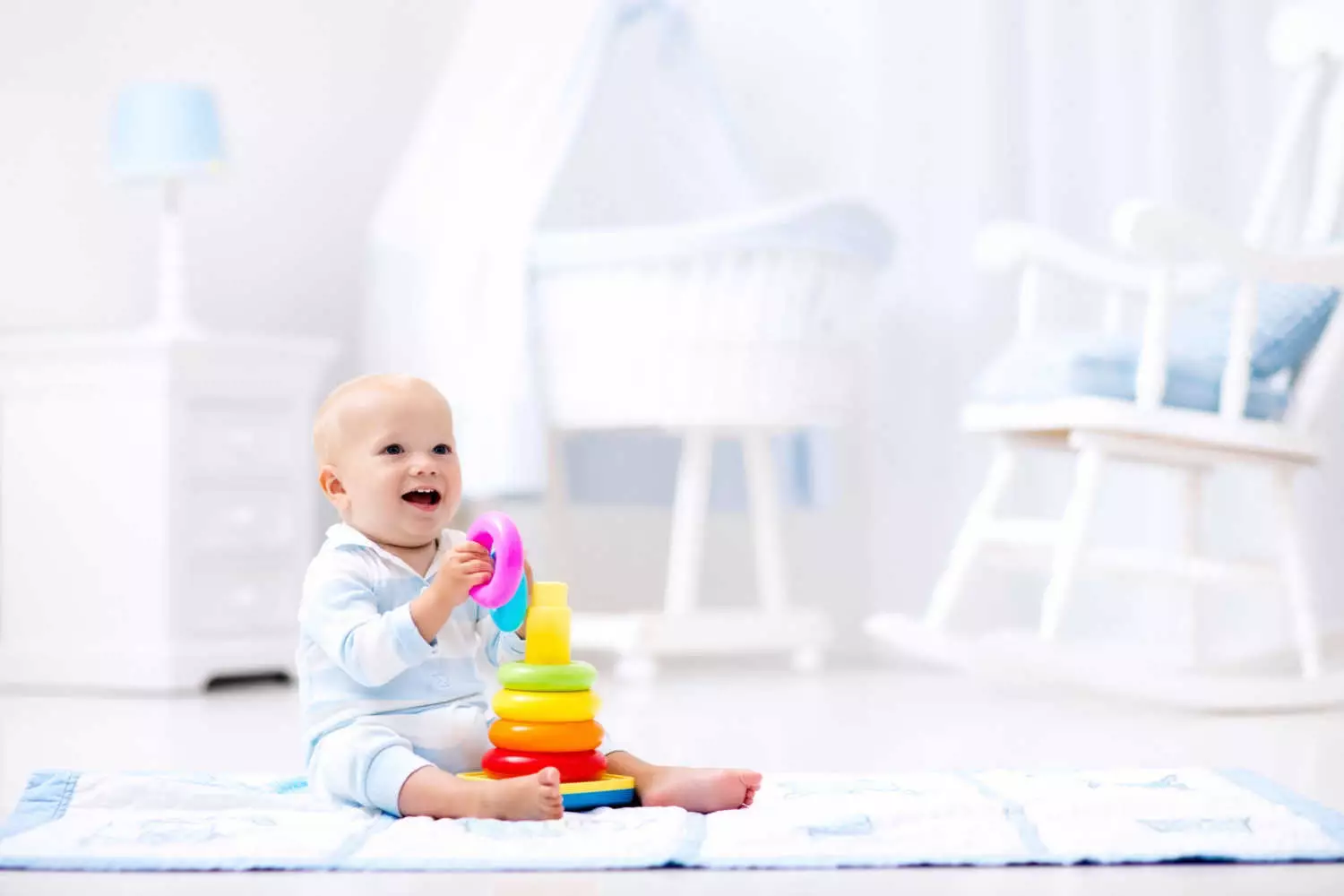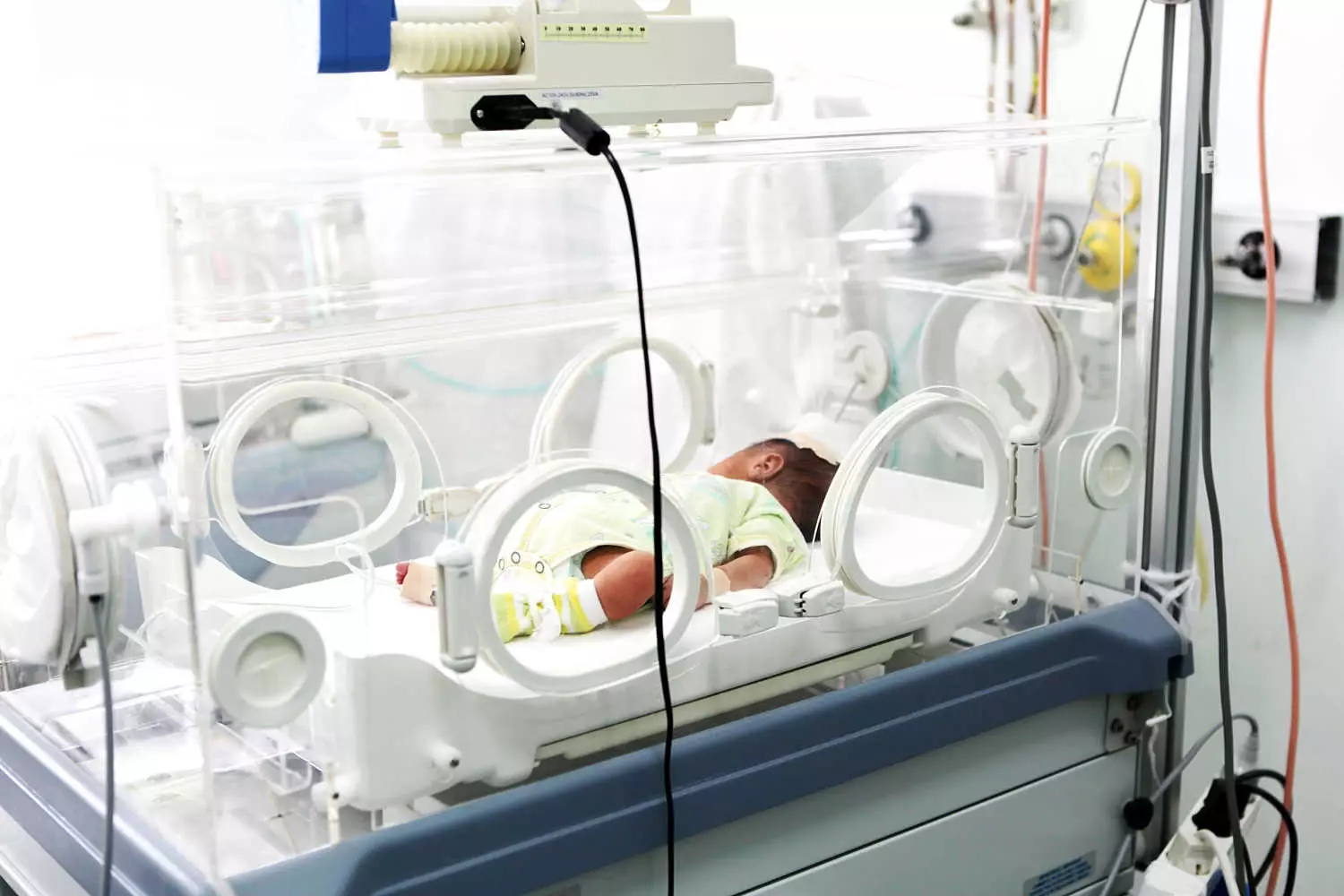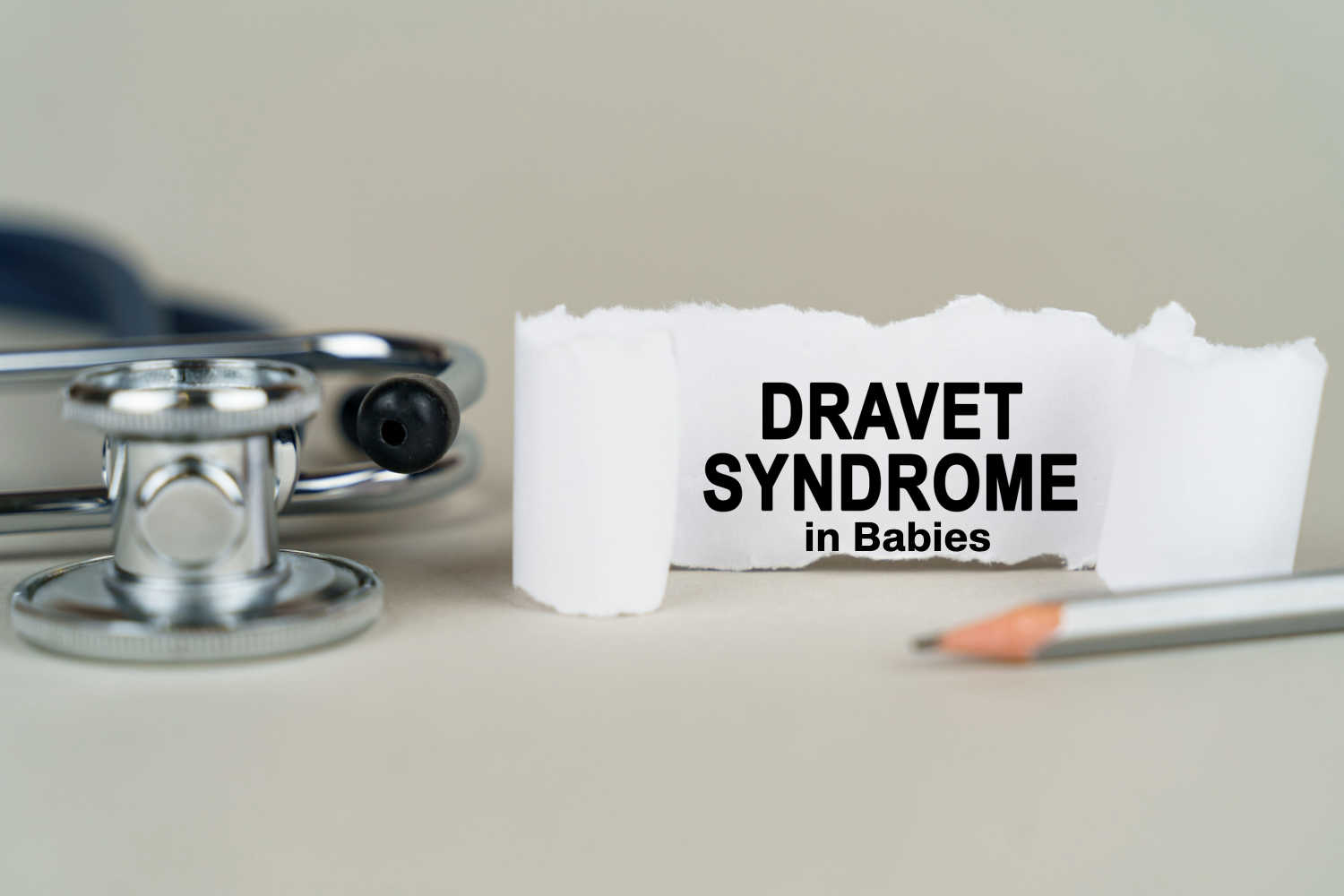
Postpartum Thyroiditis: Causes, Symptoms And Treatment
6 min readWritten by Editorial Team

 Giving birth to a child is such a mesmerizing feeling and is considered a second life for every woman. Besides this happiness, there are worlds of hormonal changes that every woman witnesses during and even after the pregnancy. One such common problem is Postpartum Thyroiditis.
Giving birth to a child is such a mesmerizing feeling and is considered a second life for every woman. Besides this happiness, there are worlds of hormonal changes that every woman witnesses during and even after the pregnancy. One such common problem is Postpartum Thyroiditis.
Postpartum thyroiditis is a relatively uncommon condition that affects a small percentage of women after childbirth. Approximately 5% of women may experience this during the first year following childbirth. This results because of inflammation in the thyroid gland. Continue reading to know more about this issue.
In This Article
- What Is Postpartum Thyroiditis?
- Types Of Postpartum Thyroiditis
- What Are The Causes Of Postpartum Thyroiditis?
- Who Are At The Risk Of Developing Postpartum Thyroiditis?
- Occurrence Rate Of Postpartum Thyroiditis
- What Are The Symptoms Of Postpartum Thyroiditis?
- How To Prepare For The Appointment?
- Diagnosis Of Postpartum Thyroiditis
- Treatment Of Postpartum Thyroiditis
- Breastfeeding Considerations
- Tips To Prevent Postpartum Thyroiditis
Postpartum Thyroiditis is an issue that affects some mothers during the first year after delivery. This happens due to the inflammation of the thyroid gland. It is relatively a rare issue. Only 5% of mothers are reported to contract this in the year following the delivery.
Types Of Postpartum Thyroiditis

There are mainly three types of postpartum thyroiditis:
Classic
In the classic type of postpartum thyroiditis, mothers contract hyperthyroidism followed by temporary hypothyroidism. At the end of the first-year mother will regain normal thyroid function
Isolated Thyrotoxicosis
In isolated thyrotoxicosis, there will be a period of hyperthyroidism. There will not be an episode of hypothyroidism. The hyperthyroidism, in due course, will resolve itself. This type of PPT is found to begin in-between two to six months after the delivery. Twenty-five percent of women experience this type of PPT.
Isolated Hypothyroidism
The remaining 50% of women with PPT develop an underactive thyroid between three to 12 months after delivery. Although most women will get out of this in due course, 10 to 20% of women have an increased chance to develop permanent hypothyroidism.
What Are The Causes Of Postpartum Thyroiditis?
The causes why only a few women witness this condition are not known to scientists. There is a proper investigation going on into why the antithyroid antibodies are produced in the women after pregnancy and why they are attacking her thyroid gland.
However, medical experts believe that postpartum Thyroiditis starts during the pregnancy itself and just stays silent as an autoimmune disease. However, after childbirth, due to the fluctuations in the function of the immune system, the thyroid gland will get attacked by the immune system triggering PPT.
Who Are At The Risk Of Developing Postpartum Thyroiditis?

As the accurate triggering conditions are not aware exactly by the medical experts, they are not able to tell exactly who is prone to this. Women after one year of pregnancy are at the risk of getting this.
- If there is any family history of thyroid problems, then there are chances that you might even get the same.
- Mothers with Type one diabetes
- Mothers experiencing postpartum depression
- There are few people who have an increased number of anti-thyroid antibodies, and even they have the risk of getting this problem after pregnancy.
- While those who have autoimmune disorders are also prone to this postpartum Thyroiditis
Occurrence Rate Of Postpartum Thyroiditis
The accurate rate of PPT is not known; it is not that everyone after the pregnancy will be prone to this gets this Postpartum Thyroiditis. Only around 5 to 10% of women contract this issue. The rate is quite high in women who come under the high-risk category.
What Are The Symptoms Of Postpartum Thyroiditis?
The symptoms appear in two different phases. Initially, it starts with the symptoms of hyperthyroidism because of the inflammation of the thyroid hormone.
In this case, a woman may suffer from:
- Tremor
- Irritability
- Anxiety
- Sudden weight loss
- Increase in the heartbeat
- Getting irritated with everything.
- You are experiencing severe fatigue.
Once the thyroid cells start becoming impaired, the symptoms of hypothyroidism start.
In this case, a woman may suffer from:
- Reduced energy levels
- Problems with constipation
- Getting very sensitive to cold
- Several aches and pains.
How To Prepare For The Appointment?

Go to the gynecologist or the general physician while you are experiencing any of the above symptoms. It is always advised to go immediately instead of making the condition worse as it never gets better unless you take the right dosage of medication.
Diagnosis of Postpartum Thyroiditis
As the problem of this medical condition starts with the inflammation in the thyroid hormone, the doctor prescribes for the tests that are related to it. They need to find the thyroid hormone levels of TSH, T3, and T4. Based on these hormone levels, they will decide the type of medication you might need.
In some cases, an ultrasound is performed to evaluate the enlargement of the thyroid gland. Doctors also run some tests for diagnosis of Graves’ disease, which can also trigger hyperthyroidism after delivery. There is a radioiodine uptake test that is done to distinguish postpartum thyroiditis from Graves’ disease. The doctor may go for it in some cases.
Treatment Of Postpartum Thyroiditis
When there are very mild symptoms or just the hormonal imbalance has started, there is no necessity for any sort of treatment or therapy. On the other hand,
- Women who are suffering from hyperthyroidism receive beta-blockers. These are useful to reduce tremors and control other symptoms like increased heart rate or palpitations.
- Doctors suggest thyroid replacement therapy for those who contract hypothyroidism. The course will last for 6-12 months.
- Depending on the reaction of the patient and her symptoms, the therapist will alter or even stop these courses when the individual is completely fine.
Management
If you are facing any sort of depression, then you can get rid of that by just going to the doctor. He will check for the functionality of the thyroid hormone coz as already stated, postpartum depression and mood swings can be a warning signs for thyroid issues.
Most of the women will start feeling better after completing the course for a short duration of a year. However, there are even others who just can’t come out with this stage of hypothyroidism or hyperthyroidism. In these cases, the thyroid gland doesn’t produce the right hormones, according to the body’s requirements. So, they must keep on using the thyroid medication for the rest of their life or until these complications disappears.
Breastfeeding Considerations

Treating hypothyroidism due to PPT will not do any harm to your baby. You can take the recommended amount of thyroid hormone replacements. However, for treating hyperthyroidism due to PPT, the use of thyroid suppressing therapies are not common. Breastfeeding-safe medication helps to control the symptoms.
Tips To Prevent Postpartum Thyroiditis
The medical experts suggest that you just can’t prevent postpartum thyroiditis. Rather, you can reduce the impact and stay safe. Don’t just think that you are getting problems or inconvenience because of the stress or irregular naps while taking care of the kid. Rather, consult the doctor when you are not comfortable. As they suggest you with the right treatment.
The chances of getting Postpartum Thyroiditis are very less for most women after the pregnancy. After one year of giving birth, there are chances for these conditions to trigger. It initially starts with depression or a lack of concentration. Keep in mind the common symptoms, and this helps you to get the right treatment at the right time without aggravating the effects. The treatment and the entire management of this medical condition vary, based on the symptoms that the individual is facing.
There is every right for women to live a better life. Get the appropriate expert advice and enhance your energy levels without any sort of discomfort. With medicines for all conditions, you can use them to lead a healthy and joyful life.

Editorial Team,
With a rich experience in pregnancy and parenting, our team of experts create insightful, well-curated, and easy-to-read content for our to-be-parents and parents at all stages of parenting.Read more.
Responses (0)
Want curated content sharply tailored for your exact stage of parenting?
Related articles

Millets For Post-Delivery and Breastfeeding Mothers – Everything You Need to Know

Stacking Toys For Babies – How it Helps in Baby’s Development

Developmental Supportive Care For Newborns in NICU by Dr Lathiesh Kumar Kambham

Sex After C-Section – Is it Safe and When to Have

Dravet Syndrome in Babies – Causes, Symptoms, and Treatment

Old Mac Donald Rhyme For Babies
Sponsored content
Discover great local businesses around you for your kids.
Get regular updates, great recommendations and other right stuff at the right time.





